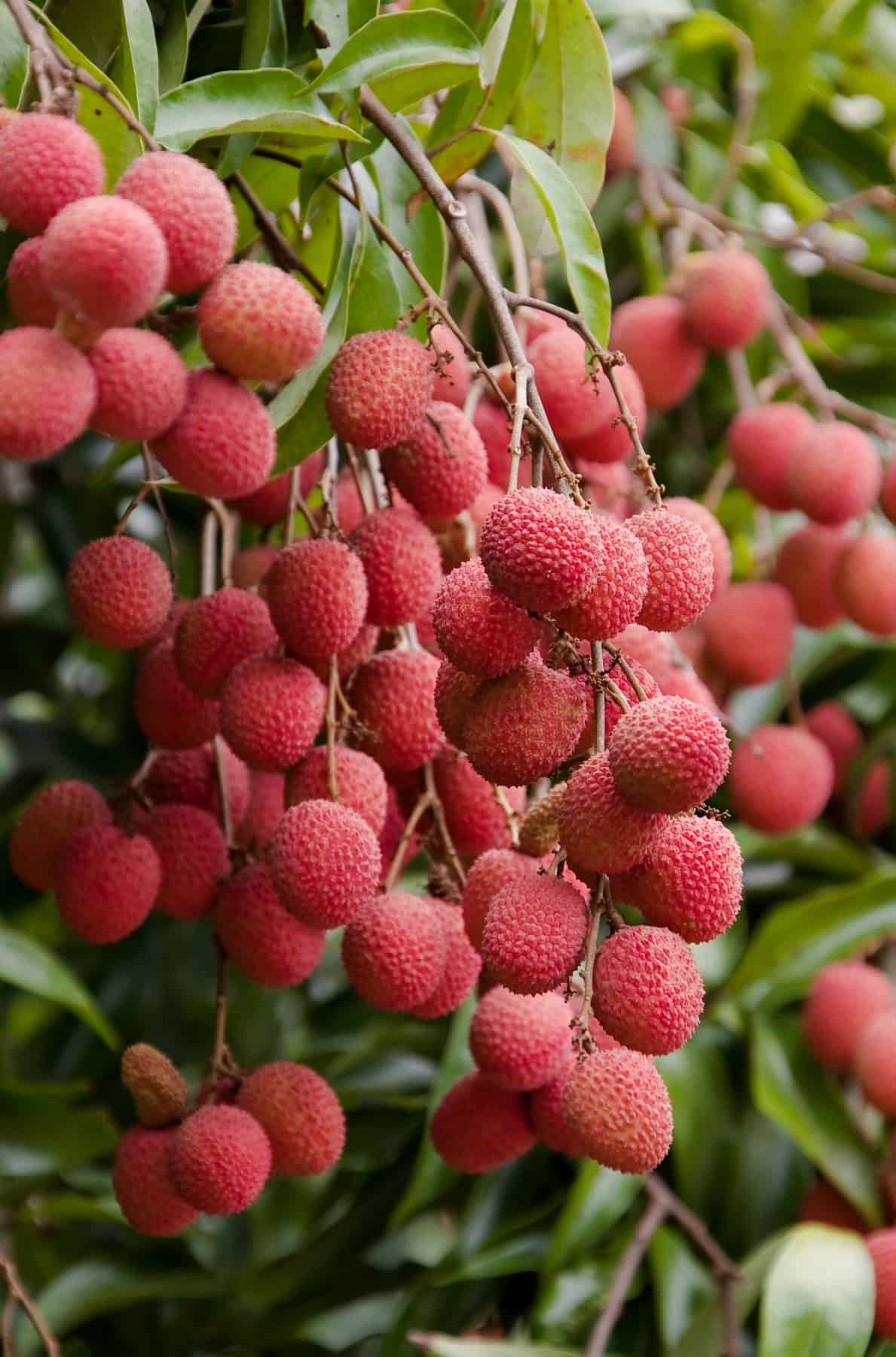

How Do You Pronounce Lychee Fruit? A Comprehensive Guide
When it comes to exotic fruits, few can rival the allure of the lychee fruit. This small, round fruit, with its sweet and aromatic flavor, has captured the hearts (and taste buds) of many around the world. However, despite its popularity, many people often find themselves wondering: how do you pronounce lychee fruit? In this article, we will not only answer that question but also delve into the history, cultivation, and health benefits of this delightful fruit.
Understanding the correct pronunciation of lychee is essential, especially if you want to impress your friends at the next dinner party or while discussing your favorite fruits. The pronunciation can vary by region, leading to some confusion. In this article, we will explore the two most commonly accepted pronunciations and provide tips on how to say it correctly.
As we journey through the world of lychee, we'll also cover its nutritional benefits, culinary uses, and fun facts that will make you appreciate this fruit even more. So, whether you're a long-time fan or a newcomer to the lychee experience, read on to discover everything you need to know about this fascinating fruit!
Table of Contents
- How to Pronounce Lychee
- History of Lychee Fruit
- Cultivation of Lychee
- Nutritional Benefits of Lychee
- Culinary Uses of Lychee
- Fun Facts About Lychee
- Common Misconceptions About Lychee
- Conclusion
How to Pronounce Lychee
The pronunciation of lychee can vary widely depending on geographic location. The two most common pronunciations are "lee-chee" and "lie-chee."
1. Lee-chee
This is the pronunciation that is most commonly used in English-speaking countries, particularly in the United States. When saying "lee-chee," the emphasis is placed on the first syllable.
2. Lie-chee
This pronunciation is more commonly used in British English and among some Asian communities. It places the emphasis on the second syllable.
Both pronunciations are widely accepted, so feel free to use whichever one you prefer!
History of Lychee Fruit
Lychee (Litchi chinensis) is a tropical fruit that is native to the Guangdong and Fujian provinces of China. Its history dates back over 2,000 years, and it has been celebrated in Chinese culture for centuries. Historical records indicate that lychee was a favorite fruit among Chinese emperors, and it was often sent to the imperial palace as a tribute.
Over the years, lychee has spread to various parts of the world, including Southeast Asia, India, and even the Caribbean. Today, it is grown in many tropical and subtropical regions and has gained popularity in international markets.
Cultivation of Lychee
Lychee trees thrive in warm, humid climates. Here are some key points about the cultivation of lychee:
- **Climate:** Lychee trees prefer tropical and subtropical climates with temperatures ranging from 20°C to 35°C (68°F to 95°F).
- **Soil:** Well-draining sandy or loamy soil is ideal for lychee cultivation. The soil should be rich in organic matter.
- **Watering:** Regular watering is crucial, especially during the flowering and fruiting stages. However, care should be taken to prevent waterlogging.
- **Harvesting:** Lychees typically mature in late spring to early summer, and harvesting is done by hand to avoid damaging the delicate fruit.
Nutritional Benefits of Lychee
Lychee is not only delicious but also packed with essential nutrients. Here are some of the key nutritional benefits:
- **Rich in Vitamin C:** Lychee is an excellent source of vitamin C, which helps boost the immune system and promotes healthy skin.
- **Low in Calories:** With only about 66 calories per 100 grams, lychee is a great option for those looking to maintain a healthy diet.
- **High in Antioxidants:** Lychee is rich in antioxidants, which help combat oxidative stress and reduce inflammation in the body.
- **Hydrating Fruit:** With its high water content, lychee is a great way to stay hydrated on a hot day.
Culinary Uses of Lychee
Lychee's sweet and fragrant flavor makes it a versatile ingredient in many cuisines. Here are some popular culinary uses:
- **Fresh Consumption:** Lychee is often eaten fresh as a snack or dessert.
- **Salads:** Adding lychee to fruit salads or green salads can enhance the flavor and texture.
- **Drinks:** Lychee can be used to make refreshing beverages, such as lychee cocktails or smoothies.
- **Desserts:** Lychee is commonly used in Asian desserts, such as lychee jelly, ice cream, and sorbet.
Fun Facts About Lychee
Here are some interesting facts about lychee that you might not know:
- **Symbol of Love:** In Chinese culture, lychee is often associated with love and romance.
- **Lychee Festivals:** Many regions in China hold annual lychee festivals to celebrate the fruit's harvest.
- **Rare Fruit:** Lychee is considered a rare delicacy in some parts of the world due to its short shelf life.
Common Misconceptions About Lychee
Despite its popularity, there are some misconceptions about lychee that deserve clarification:
- **Lychee is a Berry:** Many people mistakenly believe that lychee is a berry, but it is actually classified as a drupe.
- **All Lychees are the Same:** There are several varieties of lychee, each with its unique flavor and texture.
Conclusion
In conclusion, knowing how to pronounce lychee fruit can enrich your culinary conversations and appreciation of this exotic fruit. With its rich history, nutritional benefits, and versatile culinary uses, lychee is a delightful addition to any diet. We hope this comprehensive guide has answered your questions and sparked your interest in this wonderful fruit.
Feel free to leave a comment below sharing your thoughts on lychee or your favorite way to enjoy it. Don't forget to share this article with friends who might also be curious about lychee!
Thank you for reading! We look forward to welcoming you back for more interesting articles on fruits and culinary delights.
They Could Never Make Me Hate You: Understanding The Depth Of Unbreakable Bonds
AMC Digital Movie: A Comprehensive Guide To Enhancing Your Cinematic Experience
TikTok Remover Watermark: How To Easily Remove Watermarks From TikTok Videos


